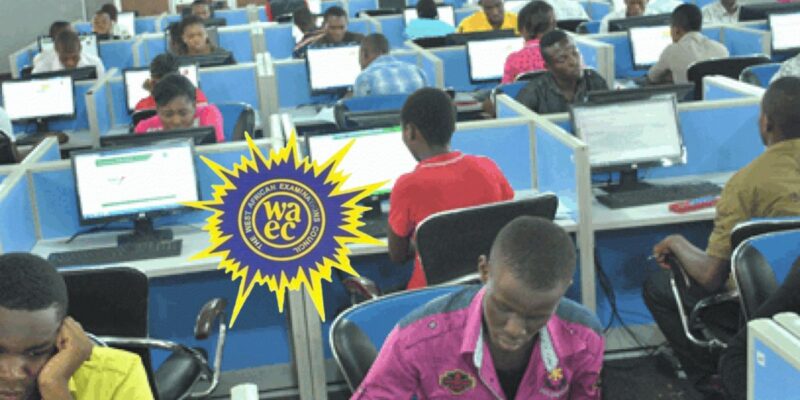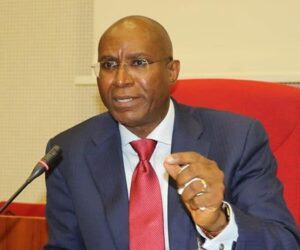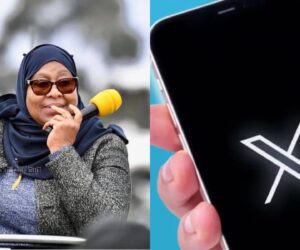The House of Representatives has directed the federal government to stop the West African Examinations Council (WAEC) from embarking on the planned CBT-WASSCE in 2026. The House, which cited that the adoption could trigger an education crisis, advised the federal government to shift the transition to the 2029/2030 academic session.
The development comes from a resolution at the House of Representatives’ plenary session on Thursday. The resolution follows the adoption of a motion of urgent public importance moved by Kelechi Nwogu from Abia State, who described the Computer-Based Test (CBT) as a looming disaster for Nigerian students.
The lawmaker urged the House to intervene immediately, warning that the move could trigger widespread student failure, psychological distress, and other negative consequences.
Recently, the Federal Government announced that the WAEC and NECO examinations will transition to full CBT for the 2026 May/June examinations. It explained that the initiative is backed by the need for digital adoption, curbing malpractices, and enhancing result processing.

In presenting the motion, Mr Nwogu explained that millions of students, especially in underserved communities, lack access to reliable electricity, functional computers, stable internet connections, and other essential resources for administering CBT exams.
“Most of the over 25,500 schools across the country, especially in rural communities, do not have functional computers or qualified computer teachers. Many students have never used a computer before, yet they are being compelled to take up to nine subjects, including theory and practical exams, through CBT,” Mr Nworgu added.
He warned that the adoption without adequate resources could affect students psychologically, leading to emotional imbalance, depression and frustration. He cited a recent protest by the National Union of Teachers (NUT) and heads of secondary schools who argued that the majority of schools are not technologically prepared for the transition.
In providing a way forward, Mr Nwogu proposed that WAEC and the Federal Ministry of Education delay the CBT transition for three years and reschedule for the 2029/2030 academic session. The lawmaker said this will provide ample time for proper preparation, infrastructural provision and teacher training.
Also Read: WAEC reaffirms plan for full CBT adoption by 2026.


In response to the motion, the House directed WAEC and the Federal Ministry of Education to suspend plans to introduce CBT in the 2026 WASSCE immediately. It advised the FG to provide adequate funds for infrastructure in preparation for CBT adoption, starting from the 2026 budget.
The House further mandated its Committees on Basic Examination Bodies, Digital and Information Technology, Basic Education and Services, and Labour, Employment and Productivity to engage educational experts to provide more recommendations.
WAEC’s conviction
While the House of Representatives believes Nigeria isn’t ready for a full CBT transition, WAEC disagrees.
Recently, WAEC reaffirmed that the 2026 WASSCE will be fully conducted using CBT, noting that the transition has already started with the private candidates who sat for the Nov/Dec WASSCE in 2024. And in that, the examination body said it recorded progress and is ready to transition to full CBT nationwide by 2026.
“We have conducted five exams already, one for private candidates and one for school candidates, and by 2026, deployment will be massive,” Head of WAEC’s National Office, Dr Amos Dangut, assured.


While addressing concerns about infrastructure readiness and security measures in place to combat cyberattacks, Dangut said that WAEC had successfully conducted exams in remote areas without disruptions. He pointed out that statistics have shown that candidates performed “empirically better” in CBT than in paper-based tests.
WAEC conducted a CBT exam for the first time in 2024, specifically for the WASSCE for Private Candidates, which was structured for the 2024-First Series exam that took place between January 31 and February 17. Moreover, the exam was a hybrid model, with objective questions administered on screen and essay/practical questions answered in booklets.







